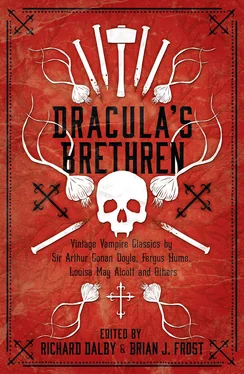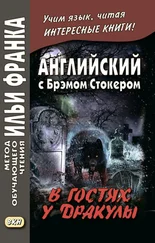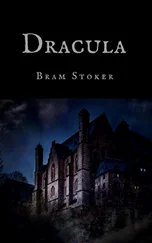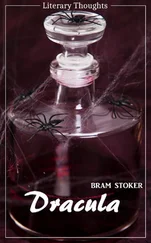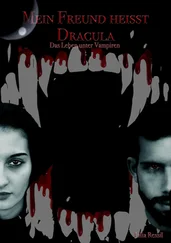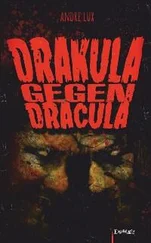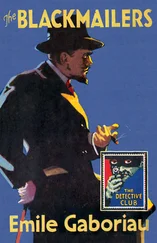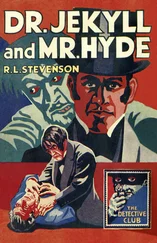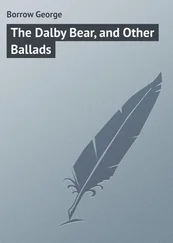When he woke up, the whole house was in commotion: the sotnik’s daughter had died in the night. Servants were running hurriedly to and fro; some old women were crying; an inquisitive crowd was looking through the fence at the house, as though something might be seen there. The philosopher began examining at his leisure the objects he could not make out in the night. The sotnik ’s house was a little, low-pitched building, such as was usual in Little Russia in old days; its roof was of thatch; a small, high, pointed gable with a little window that looked like an eye turned upwards, was painted in blue and yellow flowers and red crescents; it was supported on oak posts, rounded above and hexagonal below, with carving at the top. Under the gable was a little porch with seats on each side. There were verandahs round the house resting on similar posts, some of them carved in spirals. A tall pyramidal pear tree, with trembling leaves, made a patch of green in front of the house. Two rows of barns for storing grain stood in the middle of the yard, forming a sort of wide street leading to the house. Beyond the barns, close to the gate, stood facing each other two three-cornered storehouses, also thatched. Each triangular wall was painted in various designs and had a little door in it. On one of them was depicted a Cossack sitting on a barrel, holding a mug above his head with the inscription: ‘I’ll drink it all!’ On the other, there was a bottle, flagons, and at the sides, by way of ornament, a horse upside down, a pipe, a tambourine, and the inscription: ‘Wine is the Cossack’s comfort!’ A drum and brass trumpets could be seen through the huge window in the loft of one of the barns. At the gates stood two cannons. Everything showed that the master of the house was fond of merrymaking, and that the yard often resounded with the shouts of revellers. There were two windmills outside the gate. Behind the house stretched gardens, and through the treetops the dark caps of chimneys were all that could be seen of cottages smothered in green bushes. The whole village lay on the broad sloping side of a hill. The steep side, at the very foot of which lay the courtyard, made a screen from the north. Looked at from below, it seemed even steeper, and here and there on its tall top uneven stalks of rough grass stood up black against the clear sky; its bare aspect was somehow depressing; its clay soil was hollowed out by the fall and trickle of rain. Two cottages stood at some distance from each other on its steep slope; one of them was overshadowed by the branches of a spreading apple tree, banked up with soil and supported by short stakes near the root. The apples, knocked down by the wind, were falling right into the master’s courtyard. The road, coiling about the hill from the very top, ran down beside the courtyard to the village. When the philosopher scanned its terrific steepness and recalled their journey down it the previous night, he came to the conclusion that either the sotnik had very clever horses or that the Cossacks had very strong heads to have managed, even when drunk, to escape flying head over heels with the immense chaise and baggage. The philosopher was standing on the very highest point in the yard. When he turned and looked in the opposite direction he saw quite a different view. The village sloped away into a plain. Meadows stretched as far as the eye could see; their brilliant verdure was deeper in the distance, and whole rows of villages looked like dark patches in it, though they must have been more than fifteen miles away. On the right of the meadowlands was a line of hills, and a hardly perceptible streak of flashing light and darkness showed where the Dnieper ran.
‘Ah, a splendid spot!’ said the philosopher, ‘this would be the place to live, fishing in the Dnieper and the ponds, bird-catching with nets, or shooting king-snipe and little bustard. Though I do believe there would be a few great bustards too in those meadows! One could dry lots of fruit, too, and sell it in the town, or, better still, make vodka of it, for there’s no drink to compare with fruit-vodka. But it would be just as well to consider how to slip away from here.’
He noticed outside the fence a little path completely overgrown with weeds; he was mechanically setting his foot on it with the idea of simply going first out for a walk, and then stealthily passing between the cottages and dashing out into the open country, when he suddenly felt a rather strong hand on his shoulder.
Behind him stood the old Cossack who had on the previous evening so bitterly bewailed the death of his father and mother and his own solitary state.
‘It’s no good your thinking of making off, Mr Philosopher!’ he said: ‘this isn’t the sort of establishment you can run away from; and the roads are bad, too, for anyone on foot; you had better come to the master: he’s been expecting you this long time in the parlour.’
‘Let us go! To be sure … I’m delighted,’ said the philosopher, and he followed the Cossack.
The sotnik , an elderly man with grey moustaches and an expression of gloomy sadness, was sitting at a table in the parlour, his head propped on his hands. He was about fifty; but the deep despondency on his face and its wan pallor showed that his soul had been crushed and shattered at one blow, and all his old gaiety and noisy merrymaking had gone for ever. When Homa went in with the old Cossack, he removed one hand from his face and gave a slight nod in response to their low bows.
Homa and the Cossack stood respectfully at the door.
‘Who are you, where do you come from, and what is your calling, good man?’ said the sotnik , in a voice neither friendly nor ill-humoured.
‘A bursar, student in philosophy, Homa Brut …’
‘Who was your father?’
‘I don’t know, honoured sir.’
‘Your mother?’
‘I don’t know my mother either. It is reasonable to suppose, of course, that I had a mother; but who she was and where she came from, and when she lived – upon my soul, good sir, I don’t know.’
The old man paused and seemed to sink into a reverie for a minute.
‘How did you come to know my daughter?’
‘I didn’t know her, honoured sir, upon my word, I didn’t. I have never had anything to do with young ladies, never in my life. Bless them, saving your presence!’
‘Why did she fix on you and no other to read the psalms over her?’
The philosopher shrugged his shoulders. ‘God knows how to make that out. It’s a well-known thing, the gentry are for ever taking fancies that the most learned man couldn’t explain, and the proverb says: “The devil himself must dance at the master’s bidding.”’
‘Are you telling the truth, philosopher?’
‘May I be struck down by thunder on the spot if I’m not.’
‘If she had but lived one brief moment longer,’ the sotnik said to himself mournfully, ‘I should have learned all about it. “Let no one else read over me, but send, father, at once to the Kiev Seminary and fetch the bursar, Homa Brut; let him pray three nights for my sinful soul. He knows …!” But what he knows, I did not hear: she, poor darling, could say no more before she died. You, good man, are no doubt well known for your holy life and pious works, and she, maybe, heard tell of you.’
‘Who? I?’ said the philosopher, stepping back in amazement. ‘I – holy life!’ he articulated, looking straight in the sotnik ’s face. ‘God be with you, sir! What are you talking about! Why – though it’s not a seemly thing to speak of – I paid the baker’s wife a visit on Maundy Thursday.’
‘Well … I suppose there must be some reason for fixing on you. You must begin your duties this very day.’
‘As to that, I would tell your honour … Of course, any man versed in holy scripture may, as far as in him lies … but a deacon or a sacristan would be better fitted for it. They are men of understanding, and know how it is all done; while I … Besides I haven’t the right voice for it, and I myself am good for nothing. I’m not the figure for it.’
Читать дальше
